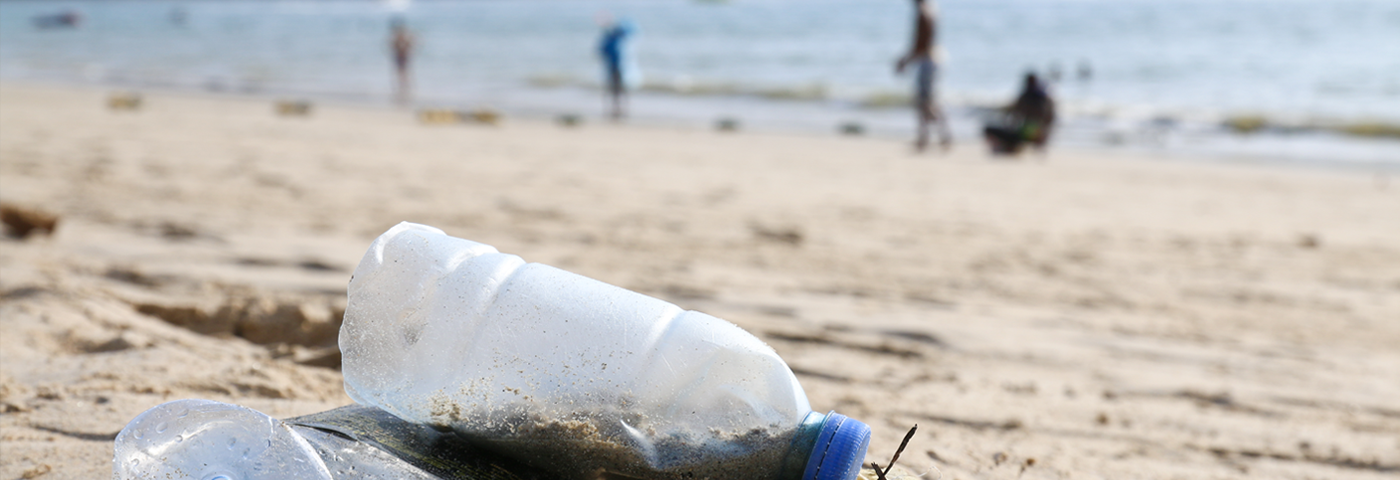There are still places where locals are surprised to see tourists, although there are fewer each year. And of course, many businesses are pleased to see them arrive, but there are more shops each year catering only for tourists, higher rents driving out other shops which served the local community. Tourism changes places with congestion and litter.
We take out holidays in other peoples’ homes. Sir Colin Marshall, then chair of British Airways when launching the Tourism for Tomorrow Awards way back in 1994 identified and articulated the problem clearly. He described the travel and tourism industry as “…essentially the renting out for short-term lets of other people’s environments, whether this is a coastline, a city, a mountain range, or a rainforest.” The industry and the tourists benefit freeloading on the public realm. The locals have to find the money to fund clearing litter, coping with congestion, providing toilets and other infrastructure to cope with the influx.
Travellers and holidaymakers increasingly want to interact with locals and to experience their culture and environment – they want to be treated like locals. But they are not locals; they are not contributing to maintaining the public realm; they are using and sometimes trashing it. Rosie Spinks in Skift refers to this trend to tax travellers as a paradox.
There is no paradox. The industry was not reluctant to pay bed night levies when the money was used for marketing the destination. Businesses object that they pay taxes just like other businesses, but they are unlike other businesses. Tourism businesses exploit the local cultural and natural environment. Local communities, the people who pay to have litter removed and who suffer the congestion, recognise that tourism brings some forms of pollution. They increasingly expect the politicians to ensure that the polluter pays.
Nick Curtis wrote recently in the London Evening Standard:
“It’s time for a gracious act on behalf of all Londoners: around this time of year we should formally hand over the South Bank to the tourists. In a small ceremony conducted at the midpoint of Waterloo Bridge, representatives of each London borough could present a small, symbolic key to a delegation of overseas visitors and people from the North of England, ceding all rights to the riverside walkway on the nether bank of the Thames until the autumn. It’s theirs now, not ours.”
If we are to give it up surely we should expect the users to pay for it.
Google is developing a website which enables tourists and locals to avoid the most crowded days. Dubrovnik has capped the number of cruise arrivals. Rationing and extending the season can spread tourism but it does not provide a means of funding additional infrastructure and cleaning up after it. Tourism taxes make sense and will become increasingly attractive to destinations. More destinations are recognising that you can have too much of a good thing and that tourism needs to pay its way.



What about the money they leave, if it weren’t For tourists then who would leave that money, especially in developing countries where their revenue is forex?
What is that money for? What are the levies for?